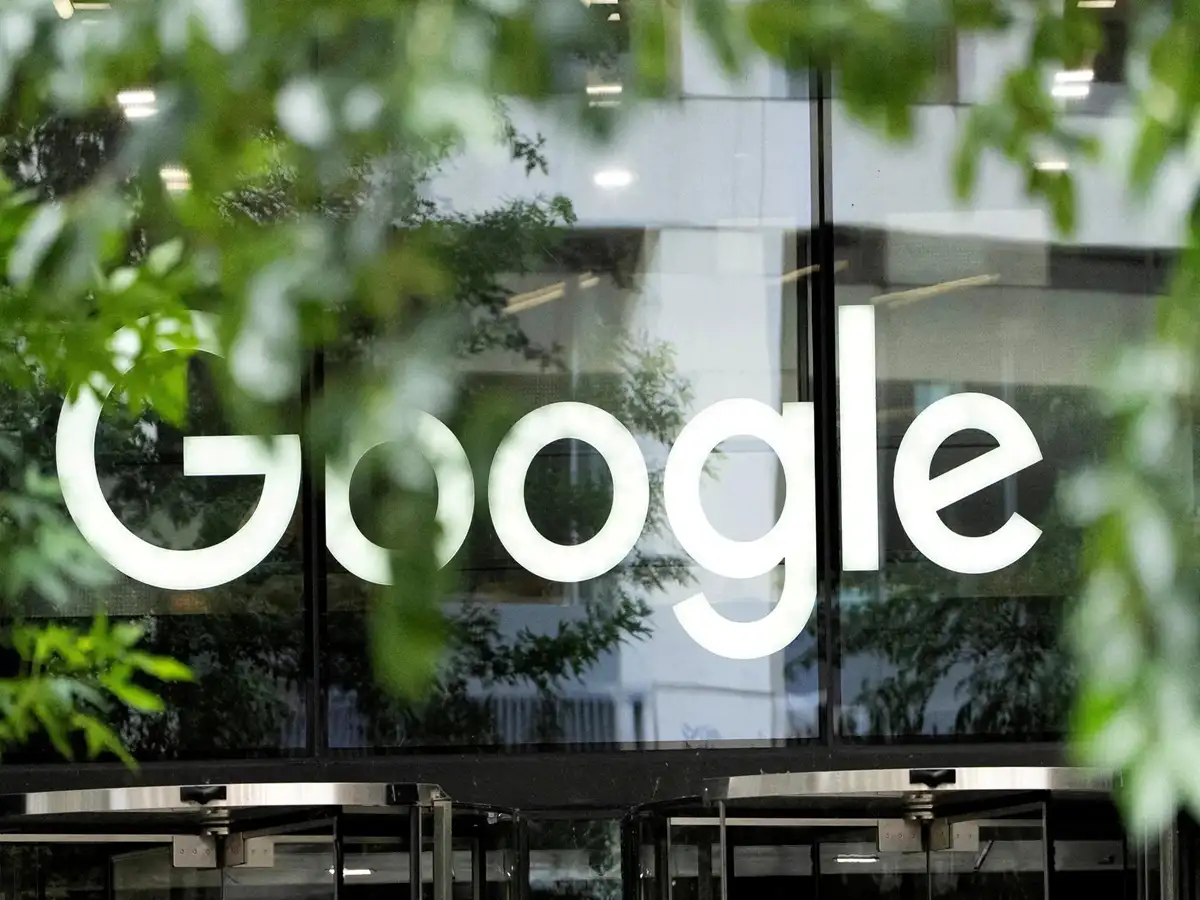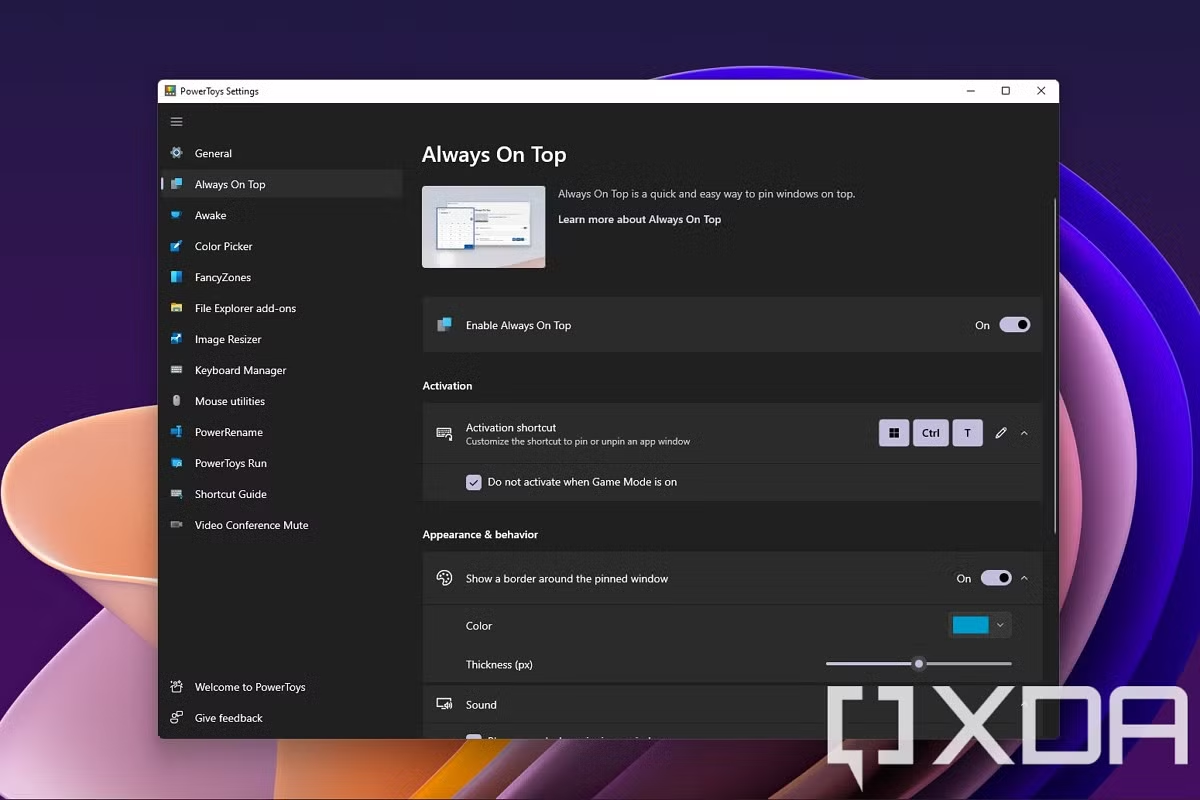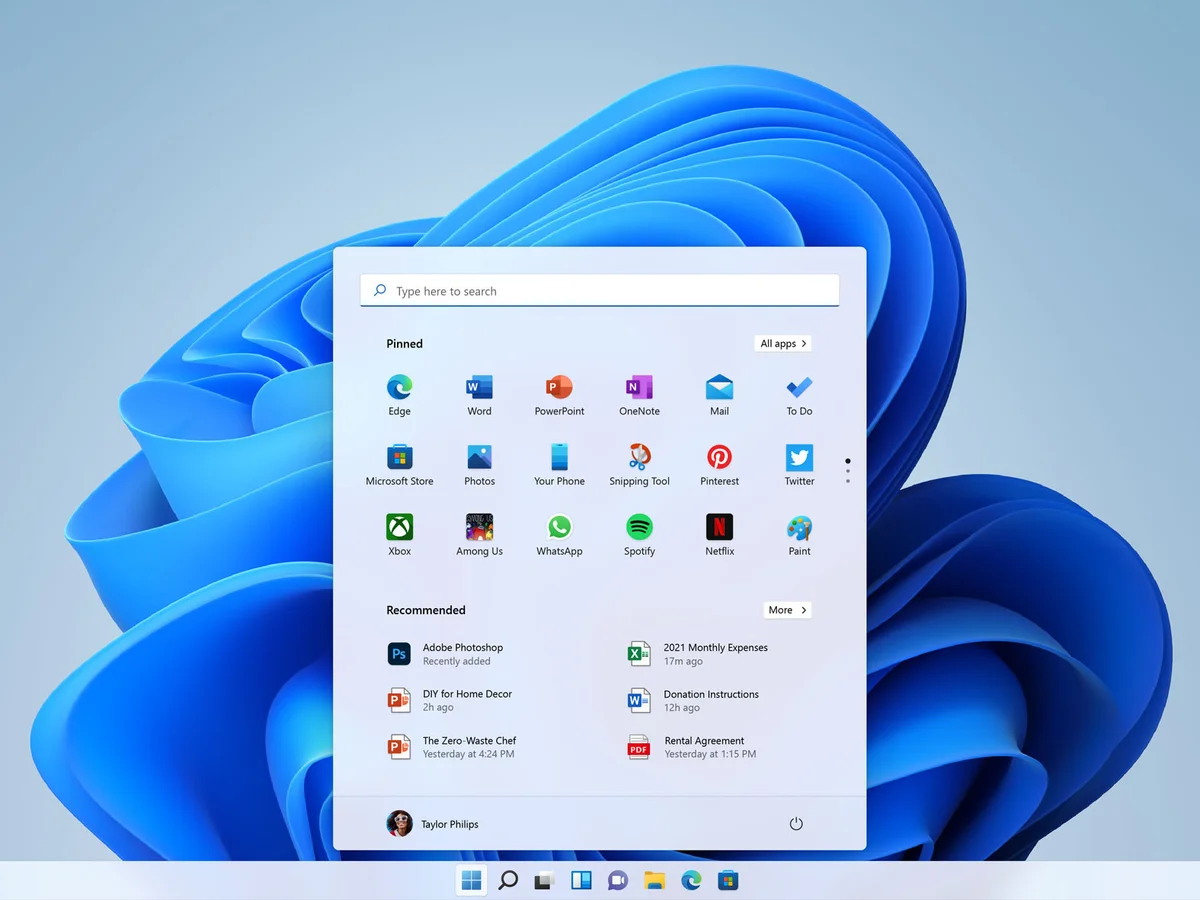Google has issued a global warning to its Gmail users following a breach that has fueled a dramatic rise in phishing and scam attempts. While no Gmail passwords or private emails were exposed, attackers were able to exploit leaked business contact information to craft more convincing impersonation schemes.
How the Breach Happened
A hacker group infiltrated Google’s Salesforce database after tricking an employee into installing malicious software. This gave them access to business-related details such as names, phone numbers, and email addresses of corporate advertising contacts. According to Google, no sensitive consumer data like login credentials or message contents were compromised.
Rise in Phishing Attacks
Since the breach, users have reported a surge in sophisticated scams. These include emails disguised as official Google alerts, fake password reset requests, and even phone calls from individuals posing as Google staff. The aim is to trick recipients into revealing account details or login codes. Google stressed that it never makes unsolicited calls about account security.
Fake Security Alerts Circulating
The company also denied widespread claims that it had sent a mass warning to all 2.5 billion Gmail users. Instead, Google clarified that these supposed alerts are themselves part of the phishing campaigns—malicious attempts to spread confusion and harvest information.
How Users Can Protect Themselves
Google urged its users to take several steps to boost their security:
- Enable two-factor authentication or passkeys for stronger protection.
- Be cautious with unexpected emails and avoid clicking suspicious links.
- Access Gmail directly rather than through messages that ask for logins.
- Ignore unsolicited phone calls claiming to be from Google.
The Bigger Picture
This breach shows that cybercriminals don’t always need direct access to passwords or inboxes to launch effective attacks. By using leaked contact details, they can create highly targeted scams that appear authentic. For billions of Gmail users, vigilance and proactive security practices remain the strongest defense against these evolving threats.
















Leave a Reply